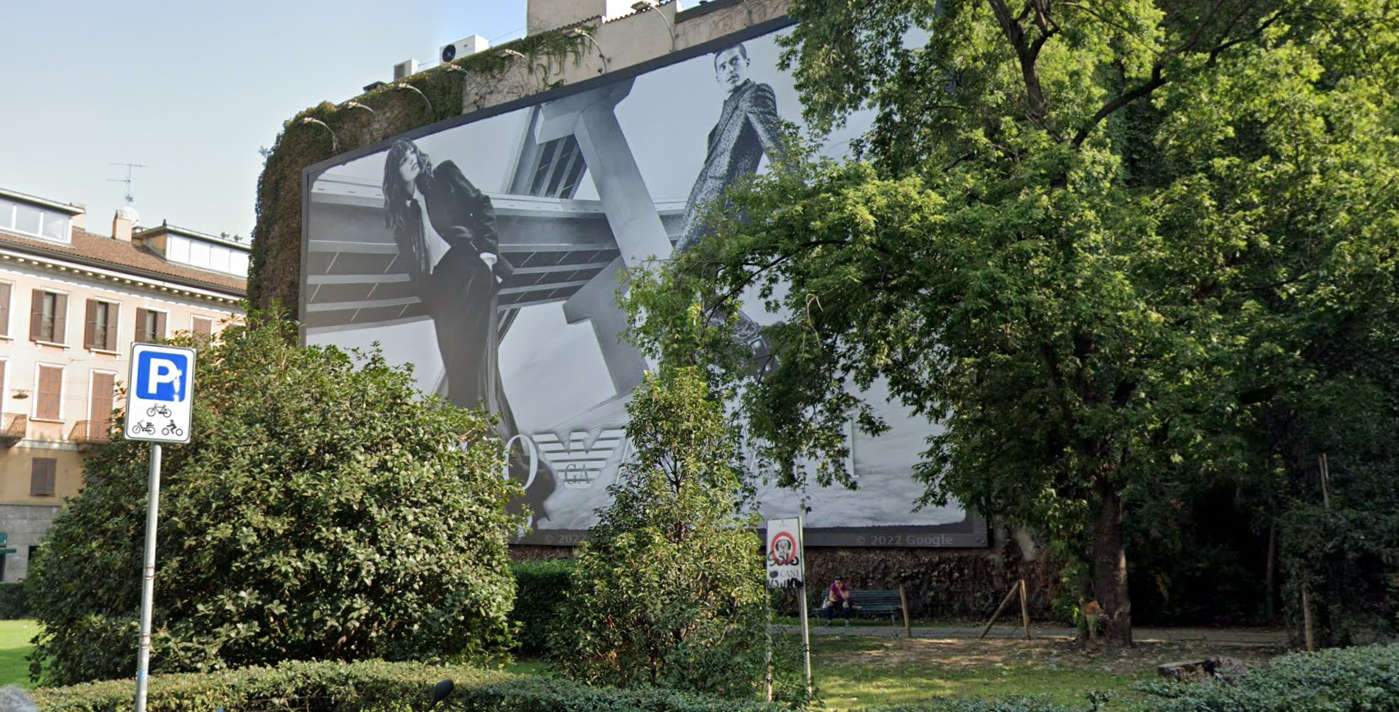Milan dedicates a garden to Carla Lonzi (Florence, 1931 - Milan, 1982), art historian, feminist and women’s rights activist: the small park, so far without any dedicatee, is the one at the intersection of Via dell’Orso and Via Broletto, in the heart of Brera. Carla Lonzi will be remembered at tomorrow, on International Women’s Day, with the dedication of the Garden: the ceremony will be held at 3:30 p.m. with the participation of the Councillor for Culture, Tommaso Sacchi.
Lonzi thus joins the women in recent years who have been remembered in Milan: Bianca Ceva, Ersilia Bronzini Majno, Laura Bianchini, sisters Angela and Luciana Giussani, Emanuela Setti Carraro, Anna Carena, Miriam Makeba, Mariangela Melato, Antonietta Biffi, Lidia Poët, the Mirabal Sisters - “Las Mariposas.” The “March 8 Park,” on the other hand, was inaugurated last year in the area adjacent to the one where the New European Library of Information and Culture (BEIC) is planned to be built.
“In recent years,” says Councillor Sacchi, “we have dedicated to the memory of great Italian and foreign women a number of places in the city related to their lives spent in Milan and to what made them famous because they were pioneers and trailblazers in different fields, from science to culture, from politics to art to philanthropy. We have called it toponymy al femminile (female toponymy), to highlight a city path that reconstructs and brings out the value of many women who paved the way for the affirmation of the younger generations, influencing their choices and often changing their existence and future. One of these was Carla Lonzi, a combative activist for women’s rights, a symbol of a struggle that still continues and that tomorrow, on March 8, we will celebrate.”
Carla Lonzi was born Florence on March 6, 1931, the eldest of five children from a middle-class Florentine family. After graduating in 1950, she enrolled in the Faculty of Letters at the University of Florence, where she attended lectures by art historian Roberto Longhi. In those years he met Marisa Volpi, a student and future art historian, and in 1955, thanks to this association, his first article on the painter and photographer Ben Shan was published. She later moved to Rome where she met Mario Lena, whom she married in 1958 and by whom she had a son. In the fall of 1959 she moved to Milan, which became her elective city and where she consolidated her activity as an art critic. However, it was in Turin where she set up her first art exhibition, “La Gibigianna di Pinot Gallizio” at the Notizie gallery.
Between 1962 and 1967 Carla Lonzi curates exhibitions of the most important Italian and foreign artists including: the presentation of Carla Accardi at the XXXII Venice Biennale and the exhibitions of Jannis Kounellis and Consagra. In December 1967 he moved for a few months to Minneapolis in the United States where he recorded talks with major artists active in Italy: Carla Accardi, Getulio Alviani, Enrico Castellani, Pietro Consagra, Luciano Fabro, Lucio Fontana, Jannis Kounellis, Mario Nigro, Giulio Paolini, Pino Pascali, Mimmo Rotella, Salvatore Scarpitta, Giulio Turcato and Cy Twombly. From this work in 1969 he published Autoritratto, a critical text considered to be among his most important, and still considered a seminal piece of writing on artistic research in the 1960s. The use of the tape recorder-an absolute novelty at the time-allowed her to restore the authentic voice of the artists she met without the linguistic filter of the critic. In the spring of 1970, from the meeting in Rome with Carla Accardi and Elvira Banotti came the Manifesto of Women’s Revolt. Published in July of that year it sanctions the birth of the first feminist groups in Italy. From that moment she began to devote herself entirely to the Women’s Revolt groups born in many cities and to writing and editing the series Scritti di Rivolta femminile. In June 1973, Carla Lonzi leaves the group Rivolta Femminile as she feels too invested in a role in which she no longer recognizes herself and moves to Chianti. In 1978 her Taci anzi parla is published. Diary of a Feminist, a text that collects annotations of facts, readings, thoughts emotions from 1972 to 1977. Her feminist texts are translated abroad in both Europe and America. Carla Lonzi died on August 2, 1982, in Milan.
Pictured is the garden from tomorrow named after Carla Lonzi.
 |
| Milan names a garden after art historian Carla Lonzi |
Warning: the translation into English of the original Italian article was created using automatic tools. We undertake to review all articles, but we do not guarantee the total absence of inaccuracies in the translation due to the program. You can find the original by clicking on the ITA button. If you find any mistake,please contact us.